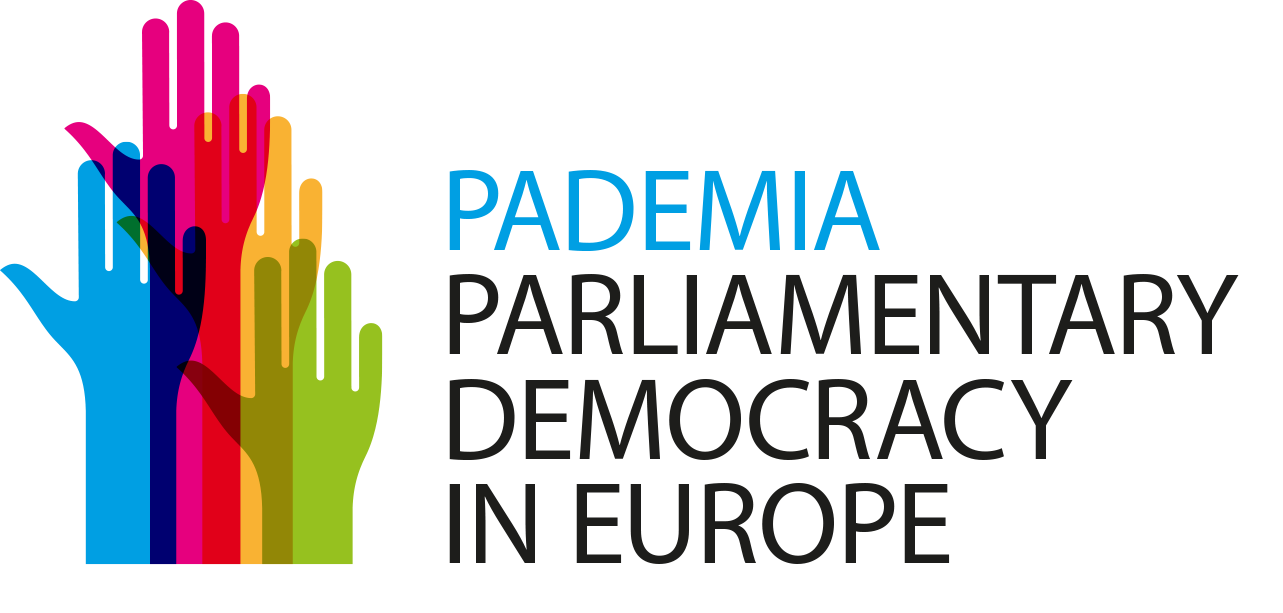NEW! PADEMIA Research Note Series
Introducing the PADEMIA Research Note Series
PADEMIA encourages its members to share their research within and beyond the network. As part of this dissemination strategy, we are excited to introduce the PADEMIA Research Note Series – a collection of short pieces that highlight research results or summarise policy advice for both academic and non-academic audiences. It will allow the network members to communicate their key messages to a wider audience, contributing to an evidence-based discussion on parliamentary democracy in Europe as well as increasing the visibility of our research.
While all the attention is on the United Kingdom (UK) as the European Union (EU) membership referendum fast approaches, we are starting the series with five notes on research that relates to parliamentary democracy in the UK, with a special emphasis on EU affairs.
The note by Elad Klein and Resul Umit is based on their recent article analysing the trade-offs between the many goals of members of parliament (MPs) in the UK. They find that voters can affect the allocation of ministerial positions in the UK because British MPs prioritise electoral safety over promotion to ministerial roles. The contribution by Sofia Vasilopoulou with her colleagues Tim Bale, Philip Cowley and Anand Menon answers the question whether MPs’ views on Europe reflect those of their voters in the UK. It reports that British MPs are generally more positive about the EU membership than their voters. In particular, their research finds Labour voters significantly more Eurosceptic than the MPs they elect. The note by Lucy Kinski investigates to what extent MPs claim to represent citizens from other EU member states as well as their own constituents in EU affairs. Comparing the parliamentary speeches by MPs from four member states during treaty negotiations and the Eurozone crisis, however, Kinski shows that British MPs are markedly the least interested group in doing so.
The remaining two notes come from research projects on parliamentary EU affairs in the media. This adds an important perspective as the media is where most citizens experience politics. Katrin Auel investigates how the British press cover the House of Commons in EU affairs. Her note shows that while the press pay comparatively much attention to the parliament, they also paint a very biased picture of EU affairs in the Commons. Finally, the contribution by Olga Eisele analyses the newspaper coverage of the European Parliament (EP) in three member states. It shows that there are big differences in terms of how and how much EP appears in national newspapers. In the UK, newspapers report EU affairs largely over the references to the House of Commons instead of the EP. Where the EP does appear in the news, the tone of the reporting is significantly more negative than in Finland or Germany.
The series will continue with new contributions in the upcoming days and weeks, which will be published on the PADEMIA website and promoted through PADEMIA’s Twitter account and newsletter. Interested PADEMIA members can contact the editors for their research to feature in the series.
Katrin Auel and Resul Umit
Series Editors
[more information here]
